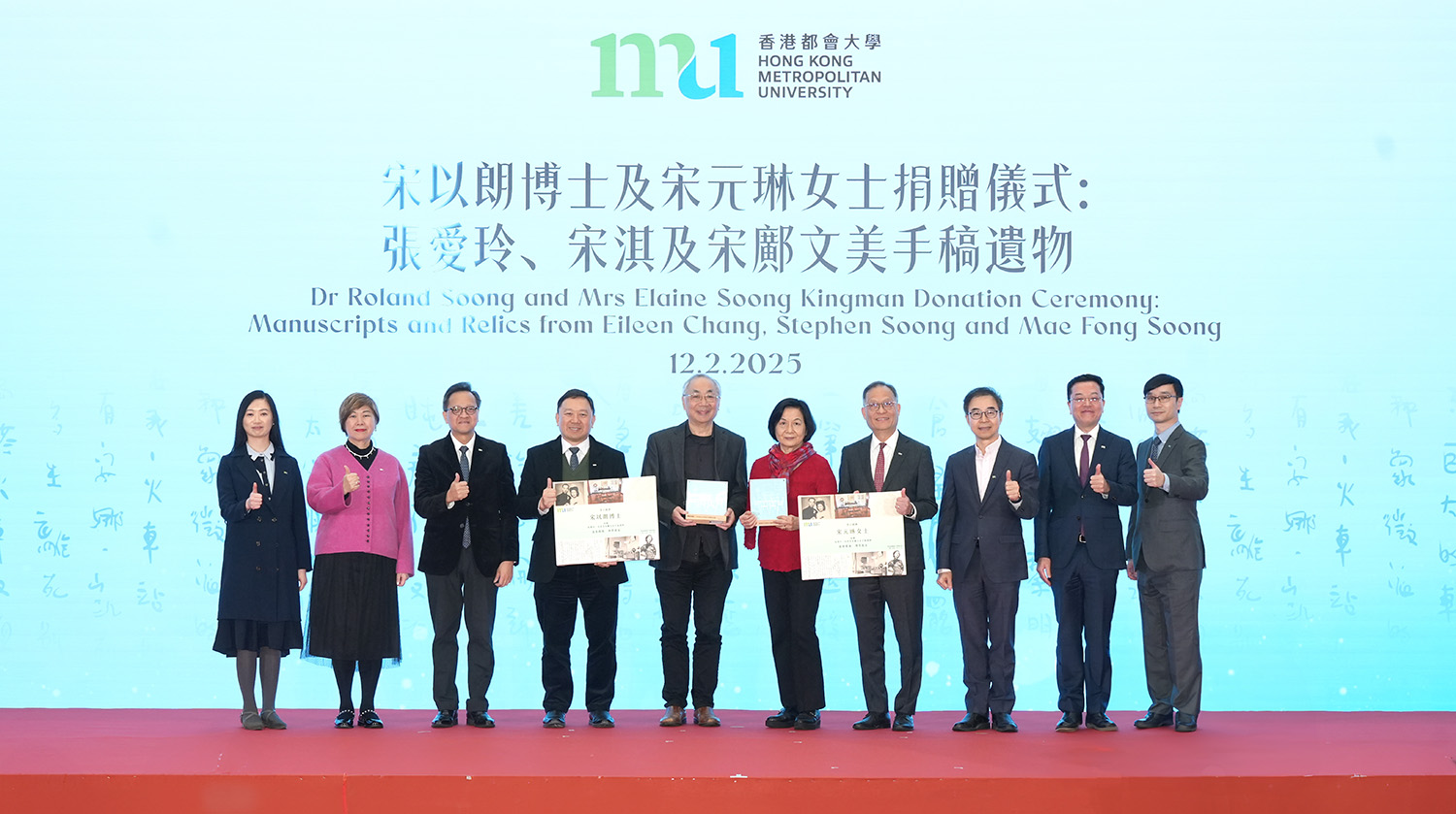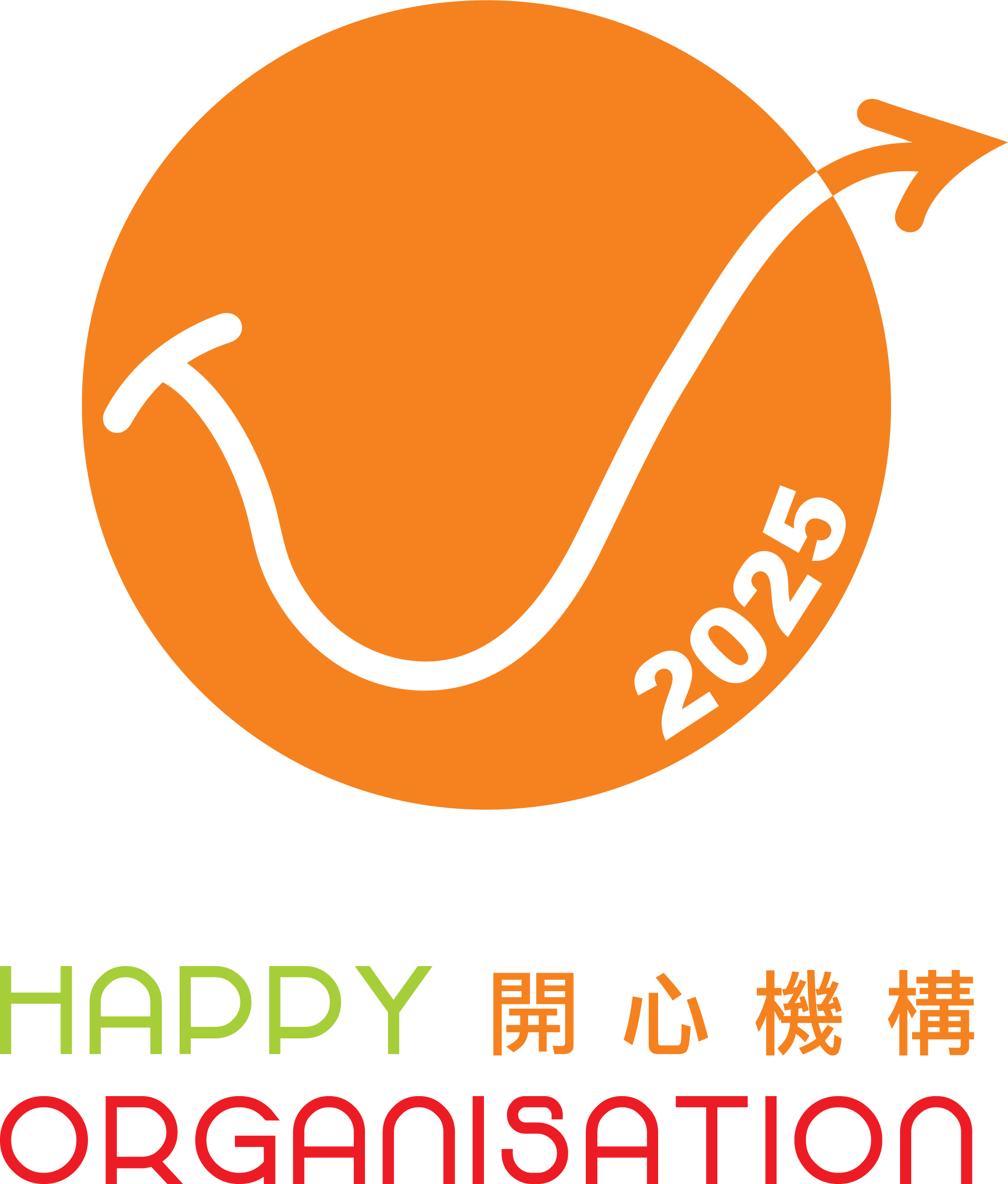A recent study by Hong Kong Metropolitan University (HKMU) revealed that the quality of life of South Asian (Indian, Nepalese and Pakistani) older adults in Hong Kong is negatively affected by language barrier and financial difficulties. Family obligations, religious beliefs and cultural perspectives play an important part in their old age experience in Hong Kong.
In response to the ageing population, the Hong Kong Government is committed to improving the quality of life of older adults by promoting “active ageing” and building an age-friendly community. But the existing policy framework for older adults is not fully suited to address the particular conditions of the increasing number of ethnic minority older adults.
Funded by the Public Policy Research Funding Scheme of the Government, Dr Terence Shum Chun-tat, Assistant Professor in the School of Arts and Social Sciences of Hong Kong Metropolitan University, conducted a qualitative study on the quality of life of 58 South Asian older adults in Hong Kong during the fifth wave of COVID-19 pandemic. The research explored their subjective perspectives on their quality of life and how their family obligations, ethnic communities, and return migration aspirations shape their old age experience.
Dr Terence Shum highlighted: “When the participants were asked what a good life meant to them, family and health were commonly mentioned components among all interviewees.”
From the financial perspective, most older adults are barely able to afford their basic needs. “More than half of the interviewees receive an allowance from the Government. Those without social welfare are completely financially dependent on their children. However, they might not always be satisfied with the amount their children give them as their children also have families of their own to support,” Dr Shum elaborated.
The HKMU study revealed that the most common problems in their daily lives are the language barrier, and stemming from that, access to information. “Their main channel of information was word of mouth in their own communities, especially at the beginning of the COVID-19 pandemic outbreak,” explained Dr Shum.
“The language barrier is also a major hindrance for the interviewees to form social relationships with local Hong Kong Chinese friends. Most of their social relationships are with people from their own communities,” he said.
The study found that ethnic community associations and non-governmental organizations (NGOs) are a source of both information and a multitude of services, ranging from interpretation and translation to social work. The NGOs are able to give culturally sensitive health services due to their understanding of religious and cultural norms and their relationship to their health and diet. Therefore, Dr Shum suggested that more support should be given to NGOs to enhance community awareness of South Asian older adults and to strengthen information sharing between the government and ethnic community and religious organization leaders.
“We appreciate that the Government has been trying to devise policies to promote active ageing in Hong Kong, but much more needs to be done to address the needs and concerns of ethnic minority older adults to help enhance their quality of life and to facilitate social integration in this multicultural, age-friendly city,” Dr Shum remarked.
Dr Shum suggested that the Government should enhance education on physical and mental health for the South Asian community, investigate the needs and concerns of caregivers of the older adults, promote the ethnic minority neighbourhood support scheme, provide training for major ethnic groups as language and cultural interpreters, offer medical outreach services for South Asian older adults, and consider recruiting and supporting caregivers from South Asian countries.




















